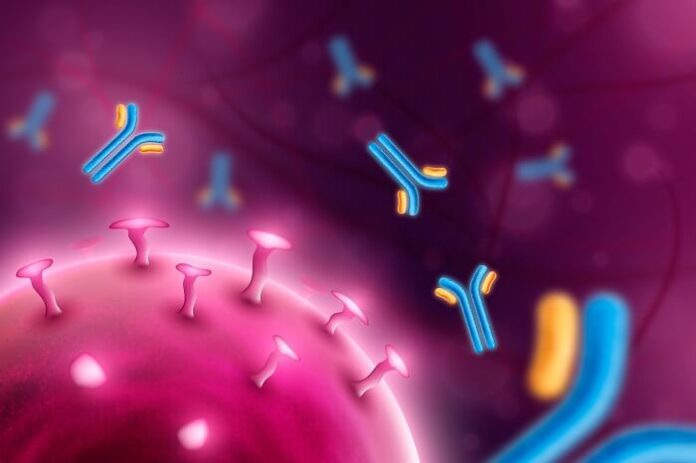Immunotherapy has the potential to revolutionize treatments for diseases, ranging from inducing remission in cancer to alleviating COVID-19 symptoms. These therapies utilize antibodies—proteins that target and bind to specific cell markers known as antigens—to destroy the targeted cells. However, despite their effectiveness, immunotherapy is not widely adopted, largely due to the challenges associated with identifying the right antibodies for treatment development, a process that is often time-consuming and labor-intensive.
Researchers at Georgia Tech are streamlining this process with a new tool called AF2Complex, which employs deep learning to predict which antibodies can effectively bind to the notorious spike protein of the COVID-19 virus. By inputting data from known antigen binders, the model successfully identified 90% of the most effective antibodies in tests involving 1,000 different antibodies. This groundbreaking research was published in the *Proceedings of the National Academy of Sciences* and holds promise beyond COVID-19 treatment.
“AF2Complex enhances the therapeutic development process,” stated Mu Gao, a senior research scientist in the School of Biological Sciences (SBS). “With a high-quality model, researchers can modify protein sequences to optimize antibodies for drug development.”
Developing the Deep-Learning Model
While previous efforts have applied deep learning to predict protein structures, Georgia Tech’s researchers significantly advanced these capabilities. The 2020 introduction of DeepMind’s AlphaFold, which won a Nobel Prize for its breakthroughs in predicting the structures of single proteins, laid the groundwork for this new approach. The Georgia Tech team expanded this model to predict the structures of protein complexes.
In 2021, they developed the first iteration of AF2Complex, which successfully predicted interactions among complex proteins like those found in E. coli. The next step was to apply this model to human proteins, which proved to be a greater challenge.
“When predicting protein-protein interactions, the surface area of the protein is often large enough to accommodate some inaccuracies. In contrast, antibody-protein interactions have a much smaller interface, making precision critical,” explained Jeffrey Skolnick, a Regents’ Professor and Mary and Maisie Gibson Chair in SBS.
Determining how to predict antibody-antigen interactions was the primary challenge, leading the researchers to focus on COVID-19 due to its complex antigen-binding sequences and readily available data. The extensive database of COVID-19 offered a rich training environment for the AF2 algorithm, unlike many other immunotherapy datasets that are often restricted to pharmaceutical companies.
By analyzing COVID-19 sequences from known antibodies, Skolnick and Gao were able to identify evolutionary patterns, thereby enhancing the accuracy of their predictions. They then utilized the AF2 deep-learning model, which had already been trained on a vast array of protein structure data, to predict how proteins fold and interact, resulting in 3D structures of protein complexes.
The model was capable of generating 3D structures for multiple epitopes, and these predictions were validated against experimental data to refine the model. With the predicted structures, researchers can gain deeper insights into biological processes and develop new drugs.
Preparing for Future Viruses
The researchers believe that deep-learning technologies could transform the approach to treating emerging diseases. While exhaustive testing of every antibody-antigen combination would be ideal, it is impractical in reality. AF2Complex can narrow down the focus and expedite treatment development.
“Consider a future scenario where a highly dangerous virus emerges. This algorithm could help design a series of antibodies, significantly reducing the time needed for vaccine development,” Skolnick noted. “While real experiments are irreplaceable, AF2Complex can prioritize which experiments to conduct, increasing the chances of success.”
As reported by medicalxpress, the Georgia Tech team is collaborating with Emory University to validate the findings of AF2Complex through experiments and is also exploring commercial applications for the model. With these advancements, researchers aim to be better prepared for future pandemics.























